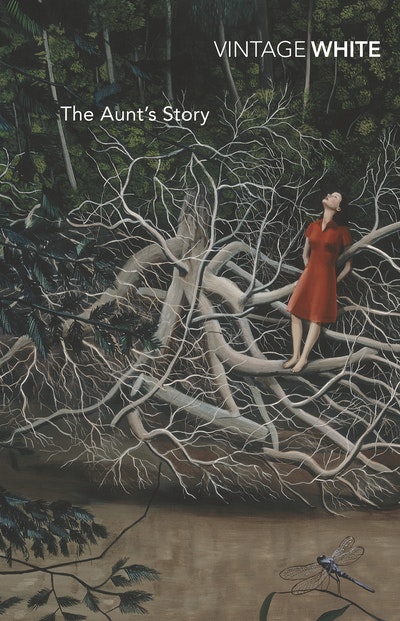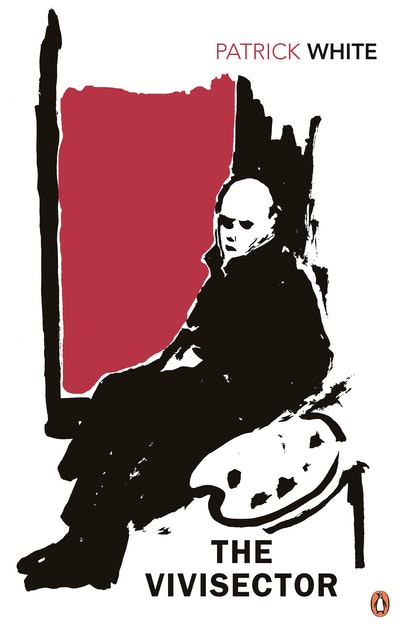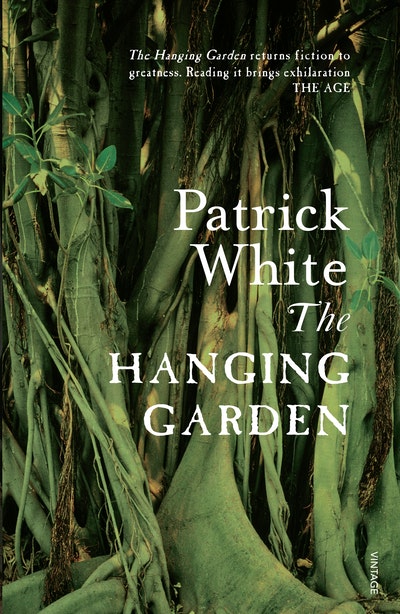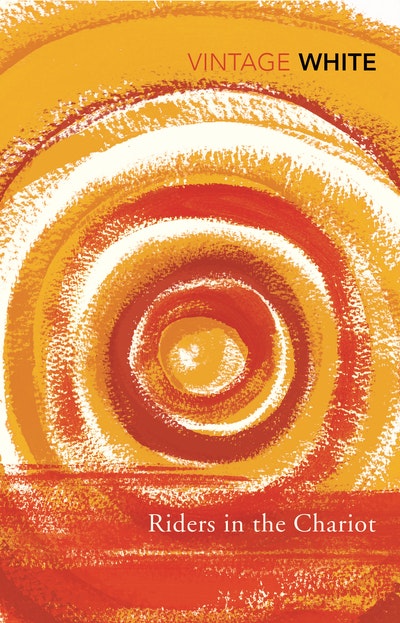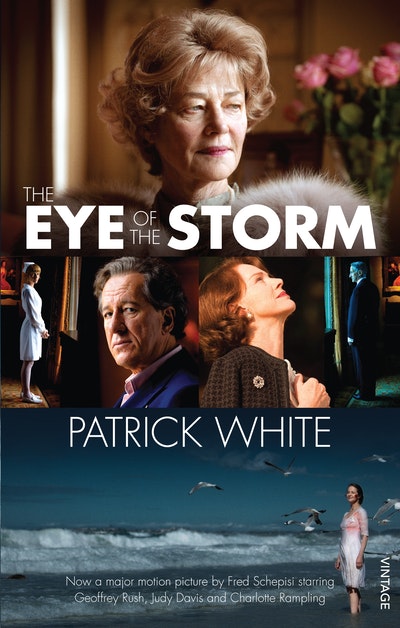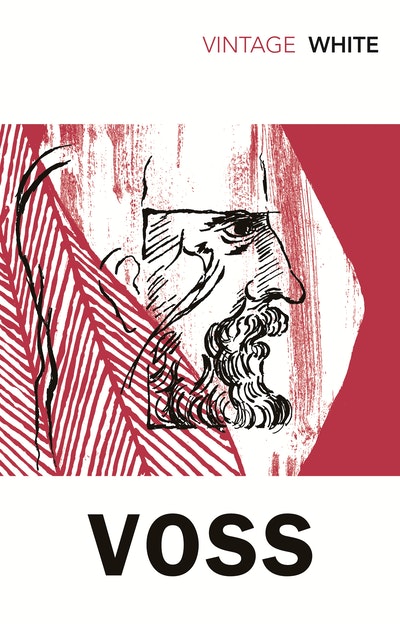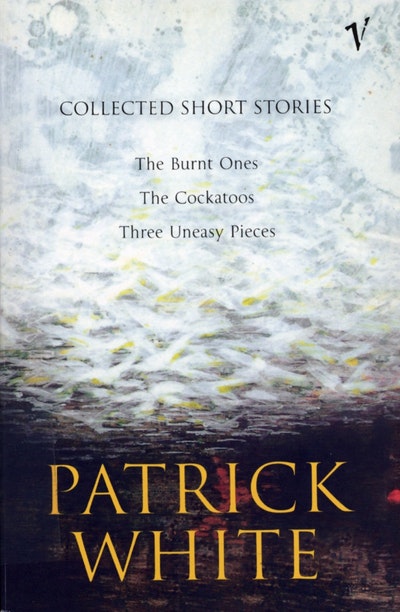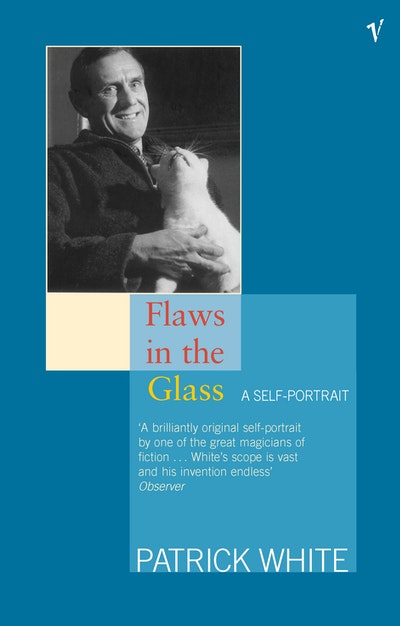- Published: 1 April 2008
- ISBN: 9781741667585
- Imprint: Vintage Australia
- Format: Paperback
- Pages: 352
- RRP: $19.99
The Aunt's Story
Formats & editions
Buy from…
- Published: 1 April 2008
- ISBN: 9781741667585
- Imprint: Vintage Australia
- Format: Paperback
- Pages: 352
- RRP: $19.99
Patrick White's third novel is a brilliant, original and highly intelligent piece of work. It is also, thank heaven, gay and witty - as well as tragic, sometimes profound.
James Stern, The New York Times Book Review
